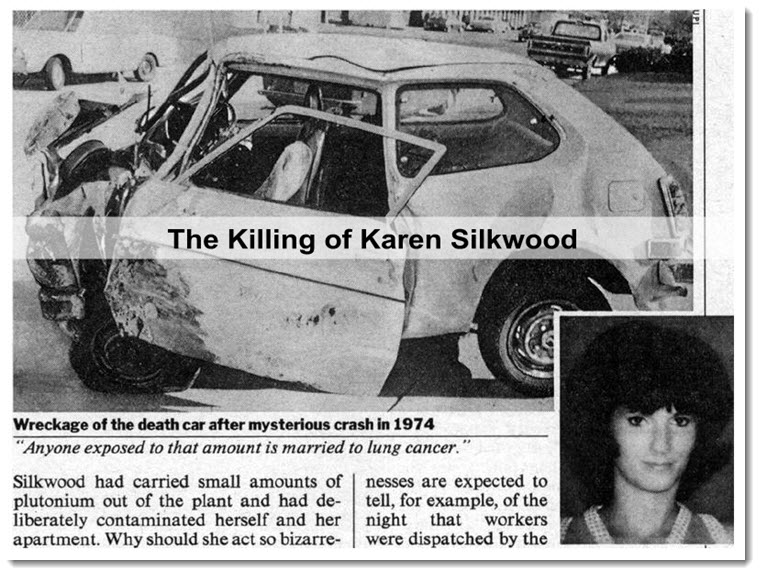Karen Gay Silkwood (1946 - 1974) was an American chemical technician and labor union activist who was possibly assassinated on this day in 1974. Silkwood is most known for raising concerns about corporate practices related to health and safety in the Kerr-McGee Cimarron Fuel Fabrication Site in Oklahoma.
As an employee of Kerr-Mcgee, Silkwood made plutonium pellets and was the first woman on the union's negotiating team. After investigating her workplace, she found several health code violations and later testified to the Atomic Energy Commission about her concerns for the handling of radioactive materials at work. Shortly before her death, Silkwood's body contained 400 times the legal limit of plutonium.
On this day in 1974, while en route to meet a New York Times journalist and union official, Silkwood died in a crash where her car ran off the road. She had just left a union meeting at the Hub cafe in Crescent and was seen with a binder full of documents. None of the documents were found at the scene of the crash.
Although foul play was not conclusively proven, skid marks from Silkwood's car were present on the road, suggesting that she was trying to get back onto the road after being pushed from behind. Investigators also noted damage on the rear of Silkwood's vehicle that was not present before the accident, and microscopic examination of the rear of Silkwood's car showed paint chips that could have come only from a rear impact by another vehicle.
Silkwood's family sued Kerr-McGee on grounds of negligence, and Kerr-McGee eventually settled out of court for $1.38 million, admitting no liability. Kerr-McGee closed its nuclear fuel plants in 1975.
